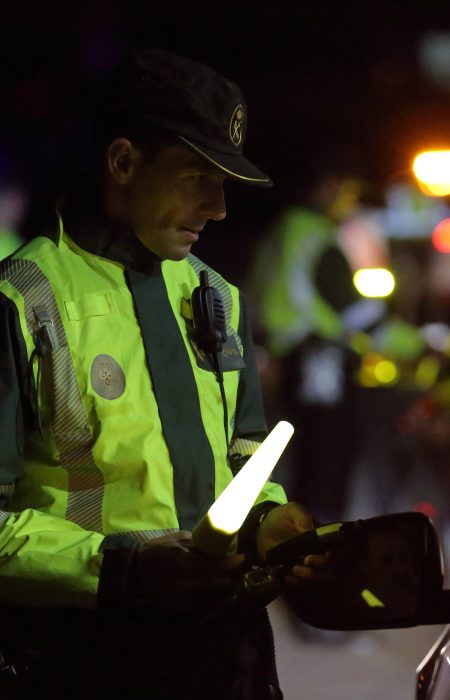Last year, Alicante TRAM passengers lost a total of 2,494 objects, which the Valencian Railways (FGV) collected. This data suggests that passengers abandon an average of seven artefacts daily and 208 objects monthly. These objects are stored at the stations for a minimum of one month and for an additional month in the lost property storage facility at Luceros station. The Alicante Local Police then receive the items if their proprietors have not claimed them after this period.
Wallets and purses, keys, backpacks, documents (ID, passports, driving licences, health cards, etc.), mobile phones, spectacles, folders, umbrellas, and handbags are the items that are seen on trains and trams in Alicante and its metropolitan area the most frequently.
October (442), January (393), November (378), June (366), March (308), April (303), August (296), July (291), May (286), December (276), February (263), and September (199) were the months in which the most items went missing, proceeding with the division by season.
The recovery of an object by its owner while it is registered with FGV amounts to 929, or 37.25%, thanks to the protocols established by FGV for the management and safekeeping of lost objects. The remaining percentage is either handed over to the Alicante Local Police or taken to a recycling centre or green point if the objects are clearly worn or deteriorated.
The time required to retrieve an item is contingent upon the presence of any identifying information or the customer’s claim. When there’s identifying information or a customer’s claim, we often recover the item the same day it goes missing, especially if it’s valuable.
Steps to be taken
In the initial phase, lost property is dropped off and picked up at the stations served by FGV personnel before being transferred to the central office at Luceros station.
After one month, the items are collected and transported to the lost property facility at Luceros station to attempt to identify their owner, deregister them for recycling based on their condition, or deliver them to the Alicante Lost Property Office after an additional month.
They promptly hand over official documents, such as passports and ID cards, to the authorities to determine their owner, then destroy bank cards to mitigate unnecessary risks and prevent tampering. Customer service personnel conduct follow-up and minor investigations to ensure their return to the police.
Amazing objects
In addition to the previously mentioned items, there are several remarkable items that it’s hard to imagine users would overlook. These items include bicycles, scooters, suitcases, crutches, walking sticks, laptops, tablets, baby strollers, shopping carts, motorcycle helmets, portable refrigerators, toiletry bags, umbrellas, hair dryers, X-rays, prescriptions, medical reports, a construction shovel, a shower telephone, and even a toilet seat or fire extinguisher.









No Comment! Be the first one.